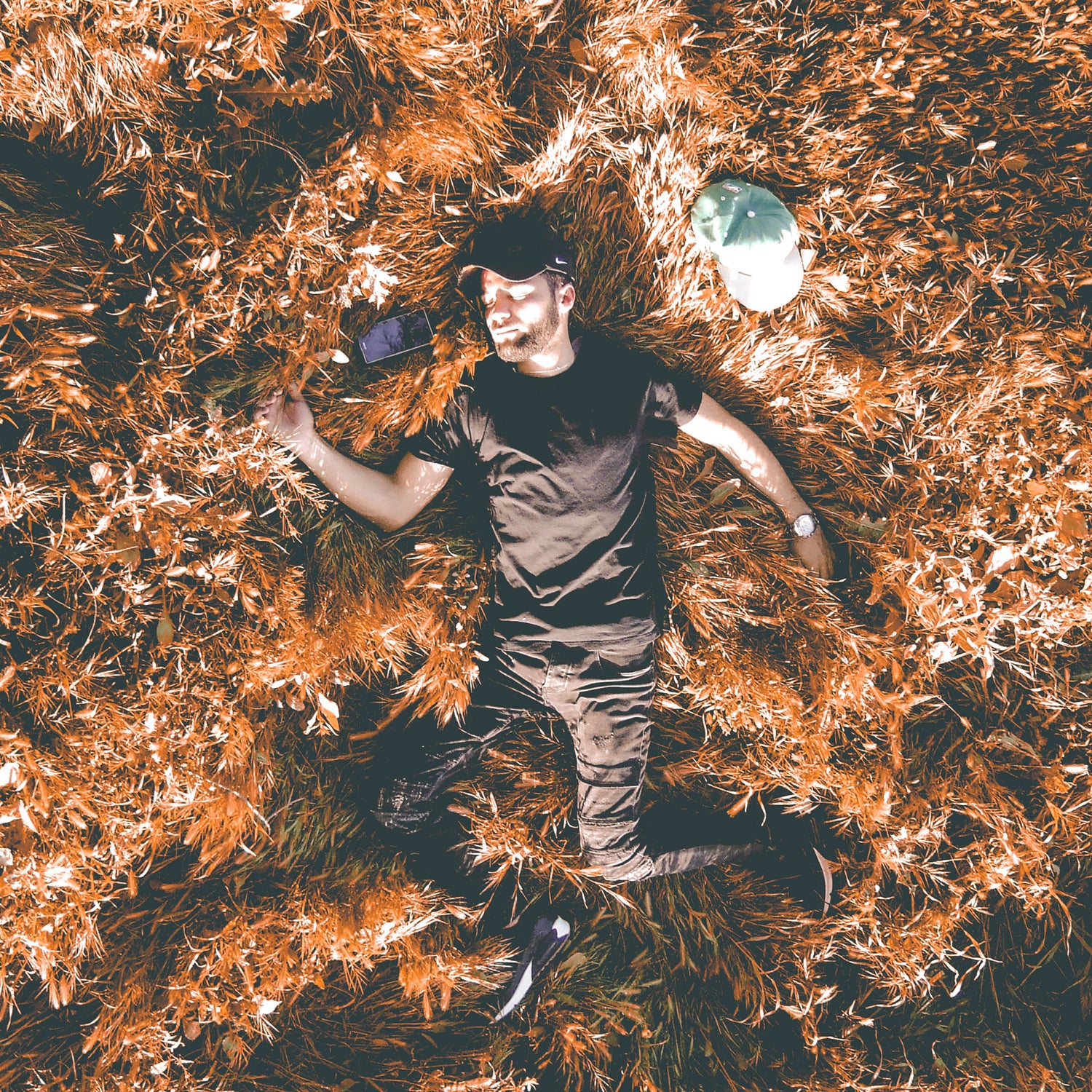Our obsession with sleep is explodingтАФand for good reason. тАЬLack of sleep can disrupt brain function, metabolism, heart function, healing and recovery, mental health, and more,тАЭ according to Michael Grandner, director of the Sleep and Health Research Program at the University of ArizonaтАЩs College of Medicine. As the value we place on sleep grows, so too does the market for apps designed to help you do it better. The catch: Most of them are deeply flawed. ThatтАЩs because they rely on anecdotes and not data, Grandner says. тАЬUsually you canтАЩt tell from marketing or styleтАФitтАЩs the guts of the software or the device that really matter. And you can only really evaluate that using standard scientific approaches,тАЭ he adds.
Not every sleep app out there is a total flop. According to the , the good ones could be valuable in rounding out treatment of sleep disorders or sleep therapy, but they arenтАЩt diagnostic tools. We asked Grandner to recommend options that are vetted by the pros┬аand should actually help you better understand and improve your shut-eye.
CBT-i Coach (free; iTunes)
This will help you establish positive sleep routines and counter symptoms of insomnia. CBT-i Coach includes a sleep tracker, guided relaxation exercises, and sleep prescriptions. First developed for soldiers suffering from PTSD-induced insomnia, the app was co-developed by the U.S. Department of Veterans Affairs, the Department of Defense, and Stanford School of Medicine.
Entrain (free; iTunes)
If youтАЩre a frequent flier who struggles with jet lag, . A questionnaire first evaluates your behavior, lifestyle, and travel itinerary. Entrain then creates a sleep scheduleтАФtelling you when and for how long to seek light or avoid lightтАФwhich is meant to readjust your circadian rhythm and sync you up with your new time zone.
Just Noise (free; iTunes)
White noise is well known for its power to relax listeners, create calm, and maintain a distraction-free environment. Just Noise is a┬а┬аthat you play┬аin the background for faster, sounder shut-eye or to help you focus on work or meditation.
PVT-Touch (free; University of Washington CHiLL Lab)
PVT-Touch is sort of like Tetris, except that itтАЩs meant to identify lack of alertness or responsiveness (often caused by lack of sleep) and signal that youтАЩll be functioning at a lower level so long as youтАЩre awake. Scientists have been able to link different finger movements to fatigue and difficulty focusing. When you display such behaviors, youтАЩre better off going for a nap or getting to bed early than trying to continue working. (Rather than wait for the program to be released on app stores, download it for free .)
Jet Lag Rooster (free; Google Play)
All you have to do is input your travel details, and Jet Lag RoosterтАЩs will tell you when you should be sleeping and when you should force yourself to stay awake to minimize adjustment time. The app also operates without internet access, meaning you can refer to it however often you need, even in the most remote locations or on a plane, where Wi-Fi is usually unreliable at best.


